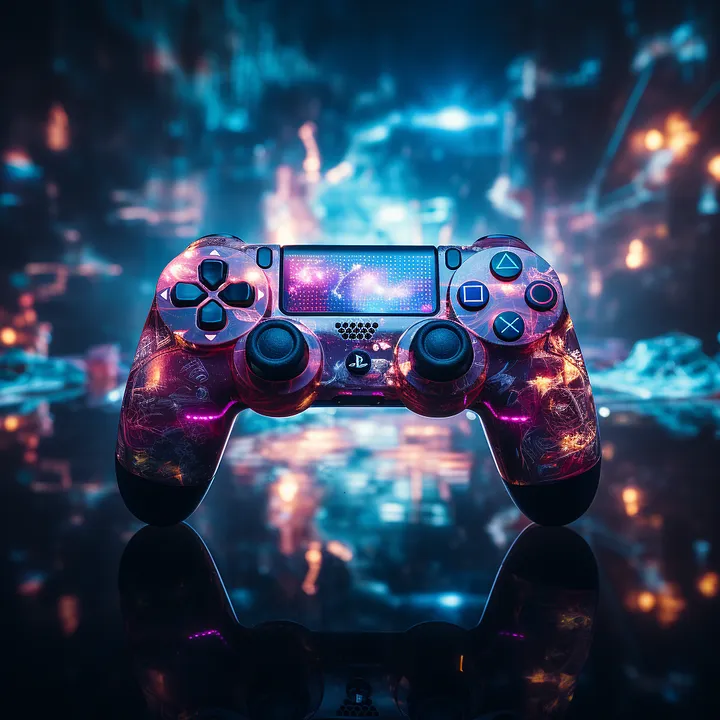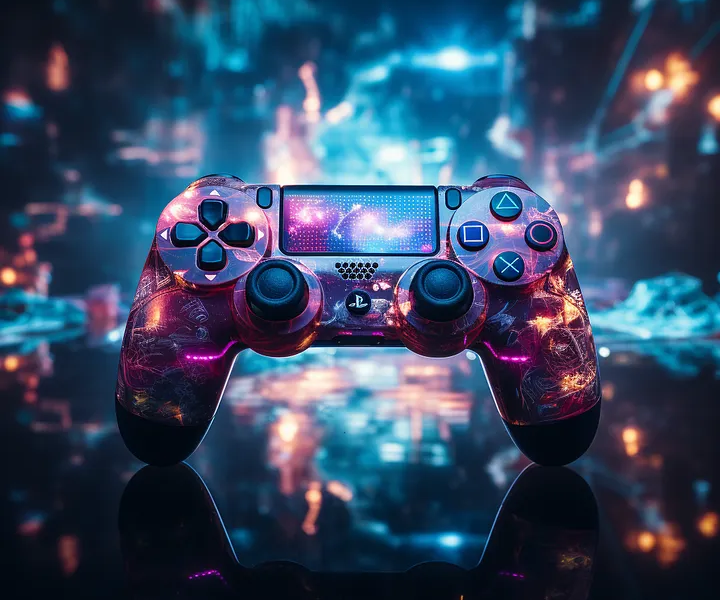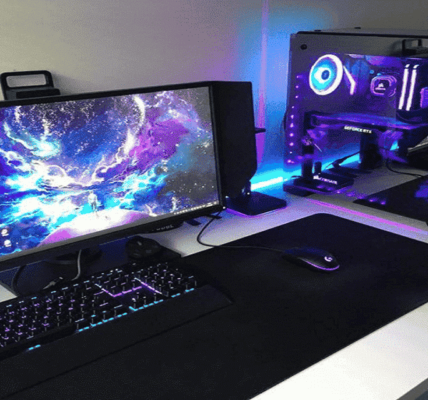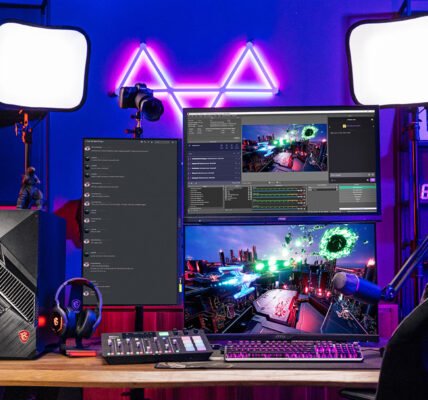Blockchain technology, once synonymous primarily with cryptocurrencies, is now making waves across various industries, including gaming. In recent years, the gaming sector has witnessed a significant transformation fueled by the integration of blockchain technology. This article explores the profound impact of blockchain technology on the gaming industry and the myriad ways in which it is revolutionizing gameplay, ownership, and monetization.

1. Secure In-Game Transactions of Blockchain Technology:
Blockchain technology provides a secure and transparent framework for in-game transactions, enabling players to buy, sell, and trade digital assets with confidence. Through blockchain-powered smart contracts, players can execute transactions directly, eliminating the need for intermediaries and reducing the risk of fraud or manipulation. This decentralized approach enhances trust and security within gaming ecosystems, fostering a vibrant marketplace for virtual goods and assets.
2. True Ownership of Digital Assets of Blockchain Technology:
One of the most significant benefits of blockchain technology in games is the concept of true ownership of digital assets. Unlike traditional games where players’ assets are stored on centralized servers controlled by game developers, blockchain-based games grant players full ownership and control over their digital assets. These assets, represented as non-fungible tokens (NFTs), are recorded on the blockchain, ensuring authenticity, scarcity, and provable ownership.
3. Interoperability and Cross-Platform Compatibility:
Blockchain technology enables interoperability and cross-platform compatibility, allowing players to transfer and use their digital assets across different games and platforms seamlessly. Through blockchain standards such as the ERC-721 and ERC-1155 token standards on Ethereum, players can access their assets from various games and ecosystems, unlocking new possibilities for customization, collaboration, and creativity.
4. Player-Driven Economies and Governance:
Blockchain-based game platforms empower players to participate in the governance and decision-making processes of virtual worlds. Through decentralized autonomous organizations (DAOs) and governance tokens, players can vote on game updates, community events, and economic policies, shaping the direction and evolution of their gaming experiences. This participatory model fosters a sense of ownership, community, and engagement among players.
5. Tokenization of In-Game Assets and Rewards:
Blockchain technology facilitates the tokenization of in-game assets, currencies, and rewards, enabling players to earn and trade digital tokens with real-world value. By leveraging blockchain-based economies, game developers can create new monetization models, reward systems, and revenue streams for players. This tokenization opens up opportunities for play-to-earn mechanics, decentralized finance (DeFi) integrations, and innovative in-game economies.
6. Immutable Game Histories and Transparency:
Blockchain technology ensures the immutability and transparency of game histories, transactions, and player interactions. Every action within blockchain-based games is recorded on the distributed ledger, providing an auditable trail of events that cannot be altered or manipulated. This transparency instills trust and integrity in gaming ecosystems, enabling fair gameplay, dispute resolution, and accountability.
Conclusion: How Blockchain Technology is Revolutionizing the Gaming Industry
In conclusion, blockchain technology is ushering in a new era of innovation, transparency, and ownership in the gaming industry. By leveraging the decentralized nature of blockchain, game developers can create immersive, player-centric experiences that empower users with true ownership of digital assets, secure transactions, and participatory governance. As blockchain technology continues to evolve and mature, its impact on the gaming industry will only grow, paving the way for a more inclusive, transparent, and vibrant gaming ecosystem.




